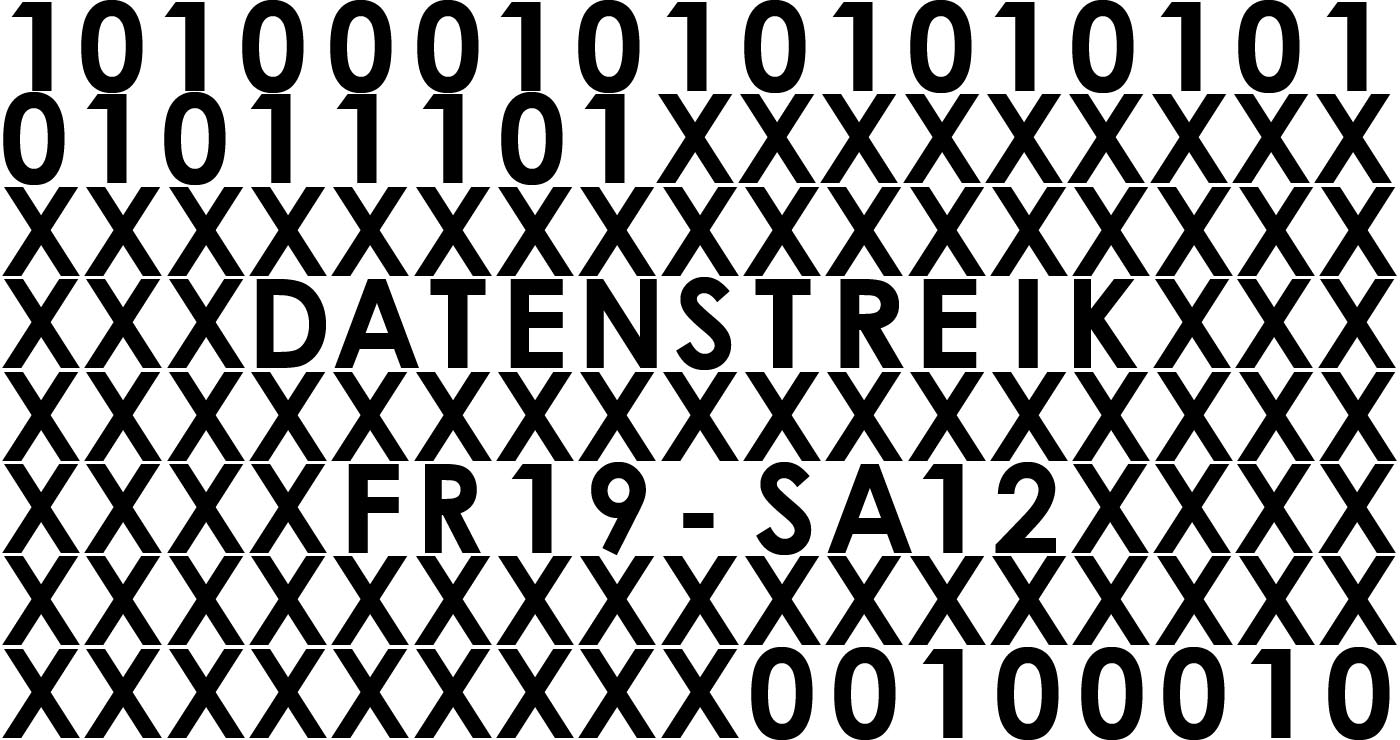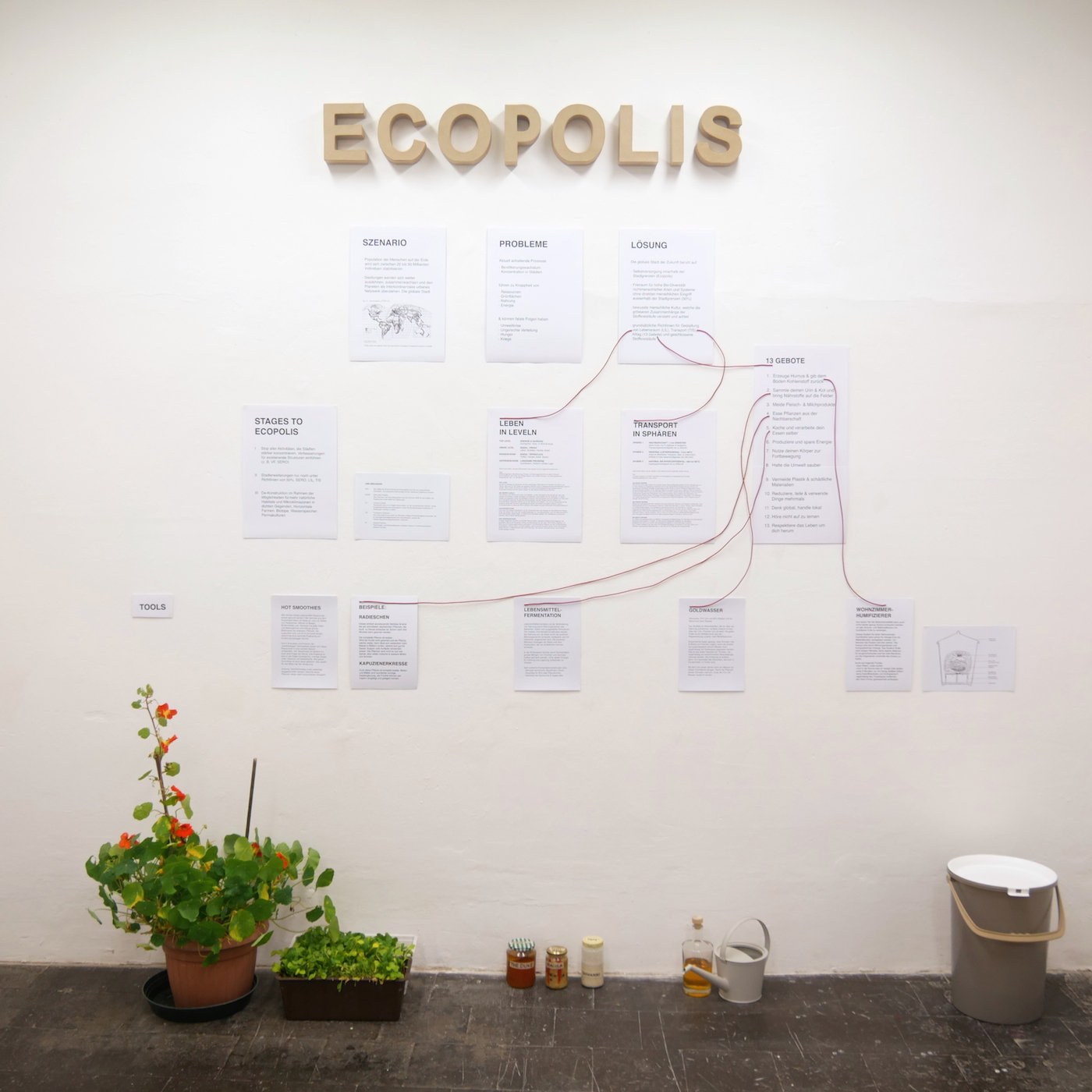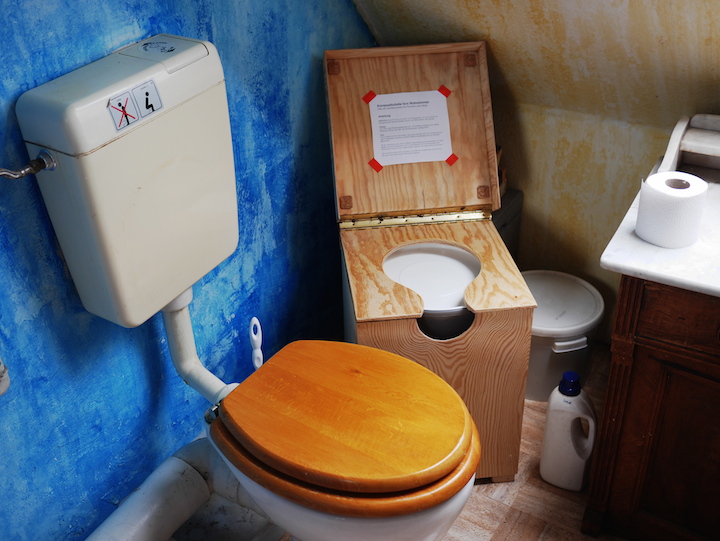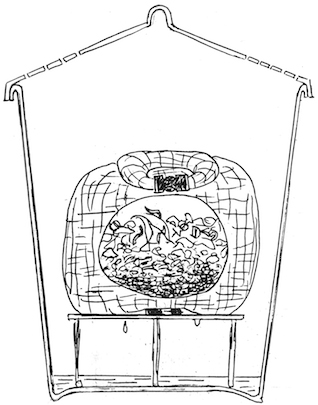
 |
 |
||
| DATENSTREIK / DATA STRIKE Concept & action, regular voluntary abstention from surfing the web and the production of data Matthias Fritsch, 2020 |
||
| Data is the basis for information, the new oil. My relationship to data is split in many ways. I constantly produce data. With every step I take on the internet, new data is collected. Often I have no say in the collection of my data. Usualy this data is used by third parties for monitoring, surveillance and commercial purposes. All wanted and unwanted data is processed and stored. This costs a lot of energy and resources. In order to create more awareness of our relationship with data, this campaign was launched with a call to try it once and if possible repeat it regularly. The idea is simple: we regularly stop participating in producing more data. On a weekly basis we refrain for a period of time from using the Internet and networked devices, thus setting an example that we would like to see better data handling. |
A regular time window for "digital detox" also helps to rediscover activities that until recently were completely normal: Reading books, taking a walk without a navigator and learning to orientate yourself, meeting friends and family in person instead of a virtual chat and much more. My personal Data Strike is every Friday from 19:00 until Saturday 12:00 Not surfing from Friday 19:00 to Saturday 12:00 is 10% of my time and means a corresponding reduction in data production and corresponding enrgy use of at least 10%. Join in! As soon as a critical mass participates, the effect will show in the data centers! |
|
 weekly shedule |
||
| Background information on Data Strike |
||
| Currently the data volume of all previous years doubles almost every two years. While Internet traffic in 2011 had a volume of 6 billion gigabytes, by 2018 it was already 45. With further growth in streaming services, the Internet of Things, self-driven cars and virtual reality, data production is expected to increase exponentially once again. Even though technology is becoming more and more energy efficient, our data production is increasing to a greater extent, so that despite increased efficiency, energy consumption for the transport, processing and storage of data is constantly rising. The Internet now accounts for 7% of the world's energy consumption, which is higher than global air traffic. By 2025, the emissions from digital technologies are expected to exceed even global car traffic. According to Prof. Mél Hogan from Canada, an inquiry to Google currently consumes about as much energy as it takes to boil an egg. Such a Google search query activates an average of 10 to 20 thousand servers, which each process 40 million of such queries per second. The data is stored in server farms, often cooled with water that is filtered, sterilized & chlorinated for this purpose. After a cycle in the cooling circuit, 70% of the cooling water goes back into the river and only 30% is reused. Also significant are the energy and resources required for the production, transport and construction of these infrastructures, because data centers and networks do not grow out of the ground by themselves. Switching to a green energy supplier at home can help avoid fossil emissions. However, the end user has no control over what energy sources are used by companies that run the network and server farms. One can only hope not to unknowingly use the "dirtiest" online services. Some companies now regularly publish their energy balances. For example, online giants like Google and Facebook now draw 70% of their energy from renewable sources, but that still leaves 30% fossil fuel consumption, and with the immense use of their services and the increase in data volumes, I wonder if their total consumption of fossil energy hasn't perhaps even increased in recent years, while most of the capacity increases are built in a more eco-friendly way. It is important that we are aware of the danger of so-called rebound effects when saving energy. These often result from savings and efficiency gains, which then tempt us to increase the total outcome and volume, for example the number of computing tasks in software. A more powerful computer only saves energy if it does not have to perform significantly more tasks than its less powerful predecessor. As processors and storage systems become more powerful, operating systems and applications have also become increasingly data-hungry, so that today's middle-aged computers are beginning to stall just as their predecessors did 20 years ago. If we learn to combine increases in the efficiency of computers with the reduction in computing tasks directly related to our use, then energy consumption will decrease significantly. |
About two thirds of the data traffic over the Internet is currently video streaming. When Youtube started streaming, the picture quality of 480 lines was even worse than that of a video cassette. Today 4k or even 8k are offered as resolutions of the video streams. The higher the image resolution, the higher the data rates. So, for example, I can stream the same content but use much less energy by reducing the resolution in the image quality settings of the respective providers from the maximum to the just pleasant one. Personally, I often get along well with video resolutions of 360 lines. That's only a ninth of the image size compared to FullHD and 1/32 of the 4K pixel count. If I don't watch a streamed movie alone, but in a group of family or friends, I reduce the per capita consumption again, share the resources while increasing my social activities. Another aspect of our networked world that I find problematic is surveillance, because every step I take on the Internet is logged and stored in different places. My Internet service provider, for example, is obliged to store all my Internet traffic for a certain period of time in case there are legal violations. My steps in the real world are also increasingly being converted into data. Public and private spaces, borders, train stations, supermarkets and shopping malls and many other places are often equipped with cameras and other sensors. Sometimes they film and store data, sometimes the mobile phone is registered and logged. States are interested in detecting suspicious activities, possible terrorist threats, outbreaks of disease and who knows what else in order to react more effectively and better prepared. A large number of commercial companies are interested in creating and sharpening profiles of people in order to sell them to paying customers for targeted advertising. Data is the new oil. There are methods to evade collection or to conceal one's own information. But this requires an understanding of the mechanisms that many people do not have. A very simple strategy to evade these mechanisms is simply not to participate and not to surf so much, for example. The most drastic and effective way would be to avoid them completely. Besides the basic renouncement of internet from the telephone, I personally take a break every Friday evening from 7 pm to Saturday noon and go on a data strike for 16 hours every week and do not use the internet. That is 10% of my time. I hope this can set an example in my social environment and show that it is possible to do without being always online and available. Just try it yourself! Further tools for a more sustainable everyday life I present on my website subrealic.net within the project "My 13 Commandments". |
|
| related works: |
||
 Ecopolis future city concept |
 My 13 Commandments sustainable everyday routines |
|
 Livingroom Composter open source indoor humifier |
 Utopia Berlin Neigbourhood and bike tours in Berlin |
|
|
||